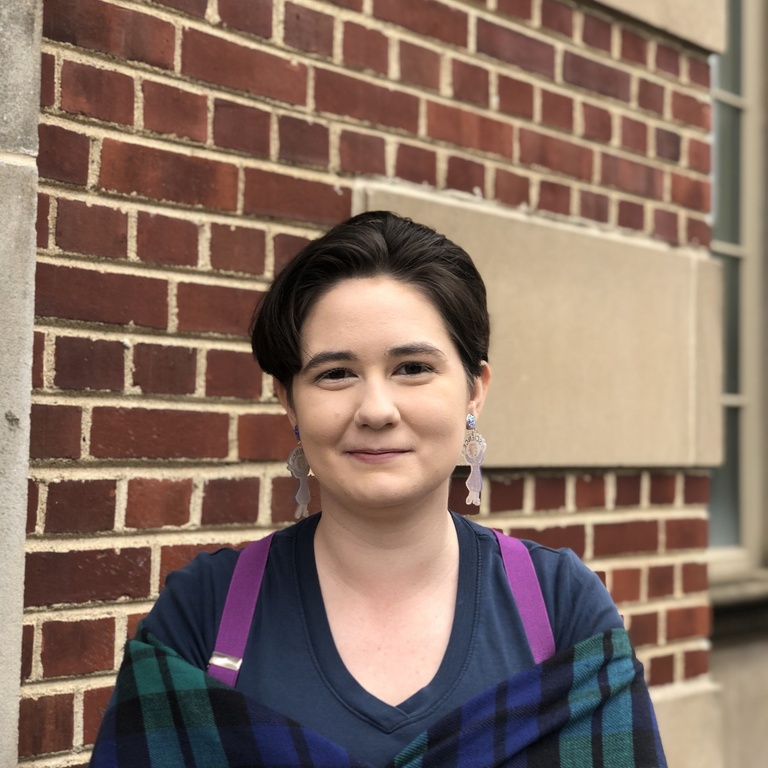Hannah Crull
Education
M.Sc. Marine Biology, University of New England (2021)
B.Sc. Marine Science, University of New England (2019)
Hometown:
Iowa City, Iowa
What do you enjoy doing in your free time?
I spend a lot of my free time reading, particularly Science Fiction and classic Fantasy. I also do handicrafts, like crocheting, sewing, and I am trying to learn embroidery (but I’m really bad at it). When the weather is good, I enjoy spending time outdoors, frequently hiking or kayaking. I especially like to SCUBA dive, though it can be hard to find the time to visit my favorite spots.
How did you become interested in CER?
During my Master’s work, I had the opportunity to teach a variety of courses across the life sciences, which I found far more rewarding and engaging than my research project. Taking the advice of several faculty members, including the program chair, I looked for a PhD program that had a focus on improving teaching and education at the collegiate level, while still being grounded in the life sciences and valuable research. CER was the perfect match.
What do you hope to do after your time in the Becker Group?
Above all, I hope to teach at a small college or university, one that is small enough that I can genuinely spend time working with and getting to know my students.
During one of my graduate classes at UNE, our professor* looked us dead in the eye, and said: “When you stand in front of a classroom to lecture, you are introducing those students to your field. Some of those students are the future of your field, and you are the welcoming party. If you’re not excited by that, get out of the classroom.”
I hope to one day be able to stand in the same place, with equal confidence and surety of purpose, and know that I am giving both the students and the field the introduction they deserve. I would also like this quote embroidered on a throw pillow.
*Prof. Charles Tilburg, Director SMEP, University of New England
What is your main research project?
I am currently working on our research into how students read and interact with depictions of chemical systems, where the population features are not uniform. We are investigating students’ perceptions of these Varied Population Schema (VPS) using both traditional interview analysis, and modern Eye-tracking technology. By tracking where students are looking, we can enhance our understanding of where their attention goes, and how they process the provided information.
